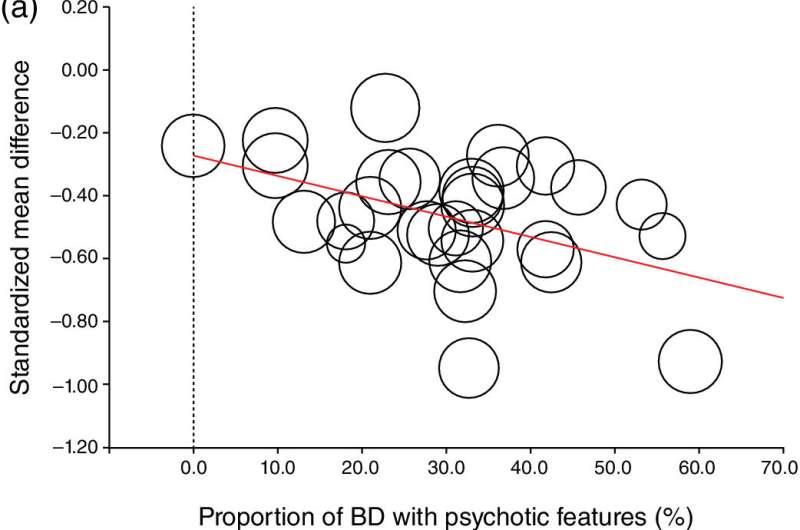Predisposition to Accidental Awareness Under Anesthesia Identified
Click here to view original web page at Predisposition to Accidental Awareness Under Anesthesia Identified Summary: As many as one in four patients who receive anesthesia may suffer accidental awareness during their procedure. Researchers have identified specific brain structures that may predict whether a person will experience accidental awareness under anesthesia. The findings will help … Continue reading “Predisposition to Accidental Awareness Under Anesthesia Identified”









